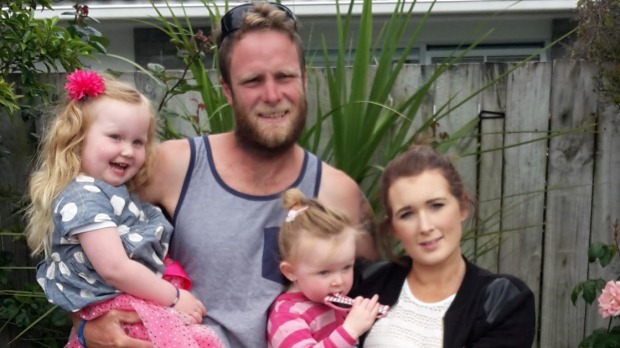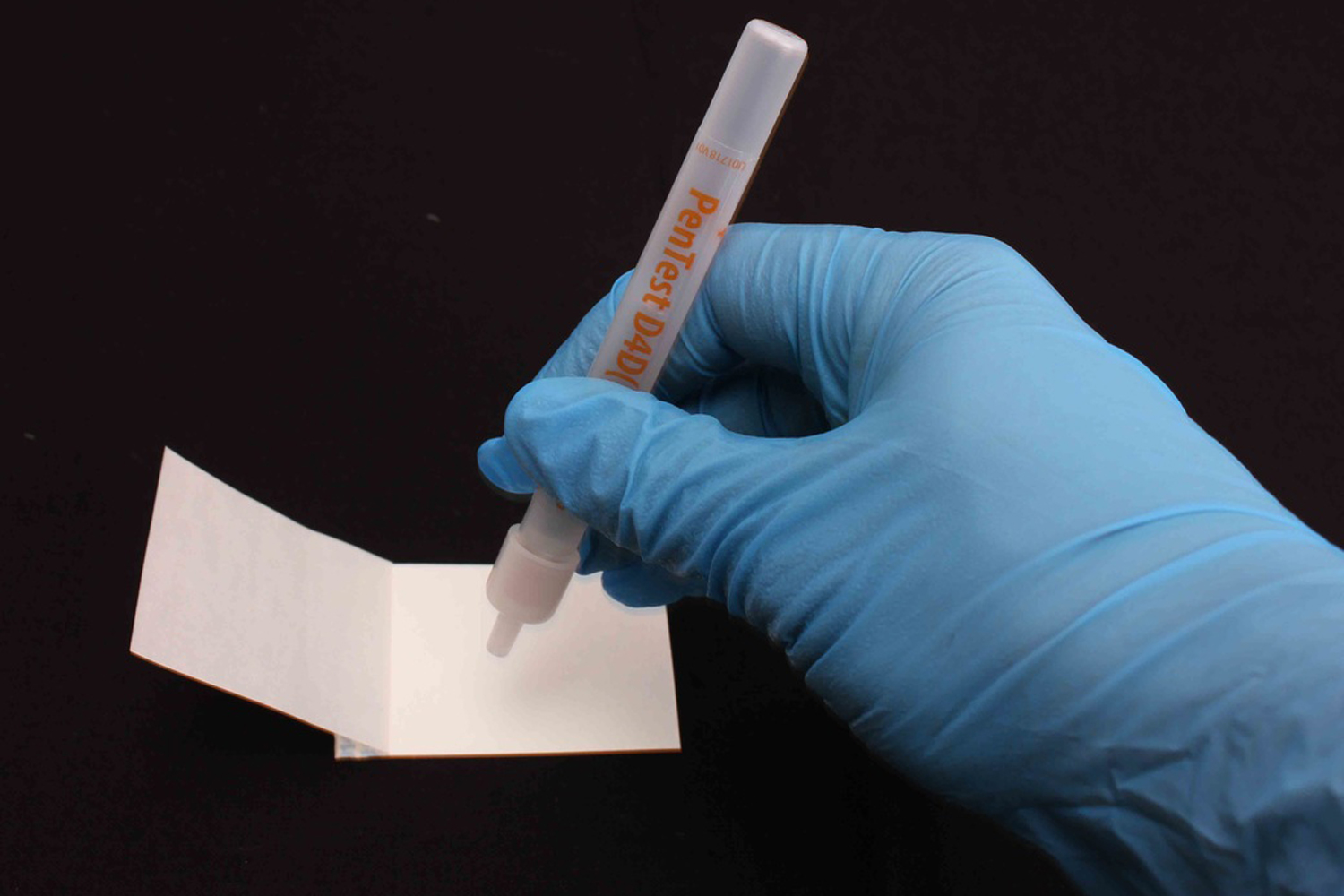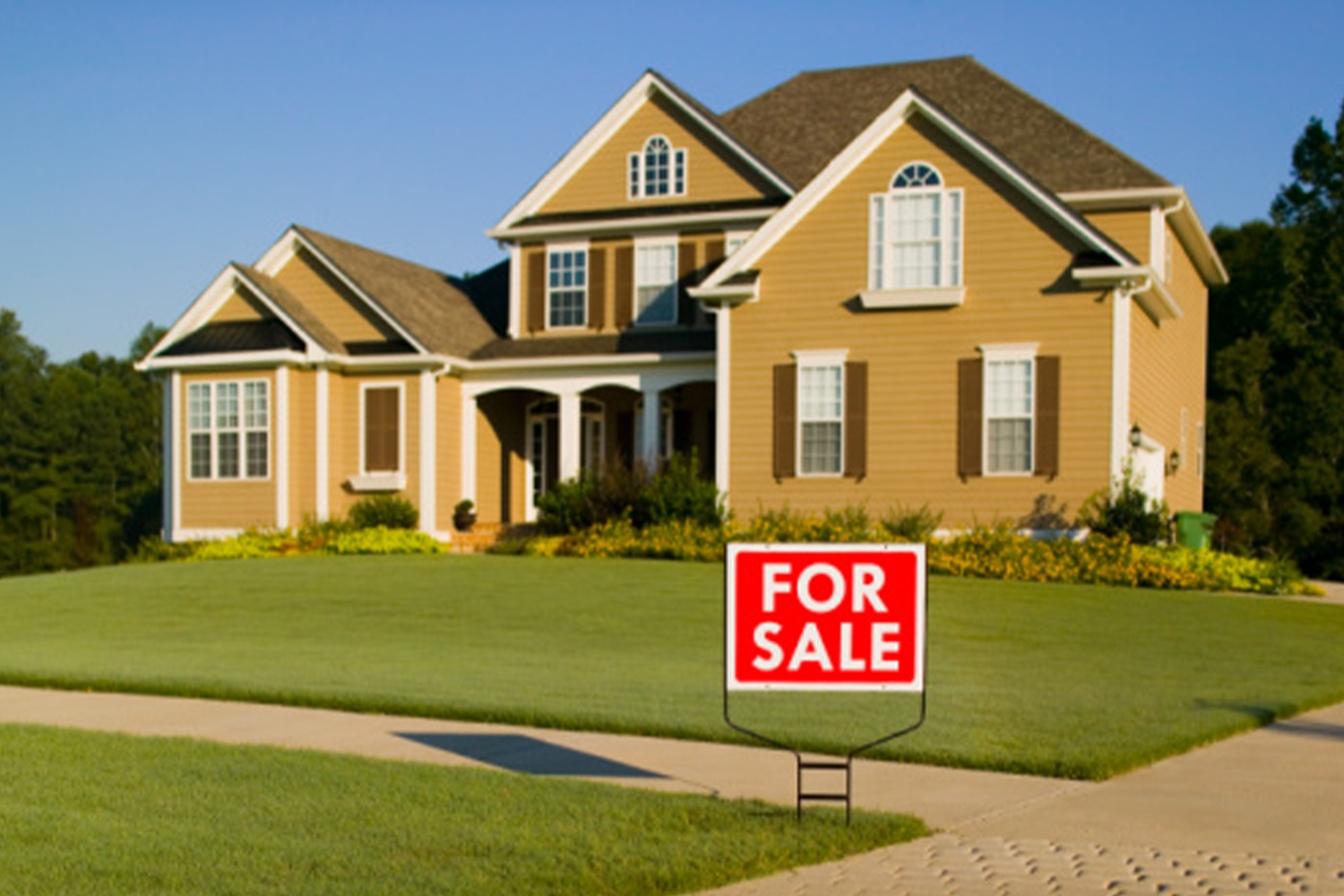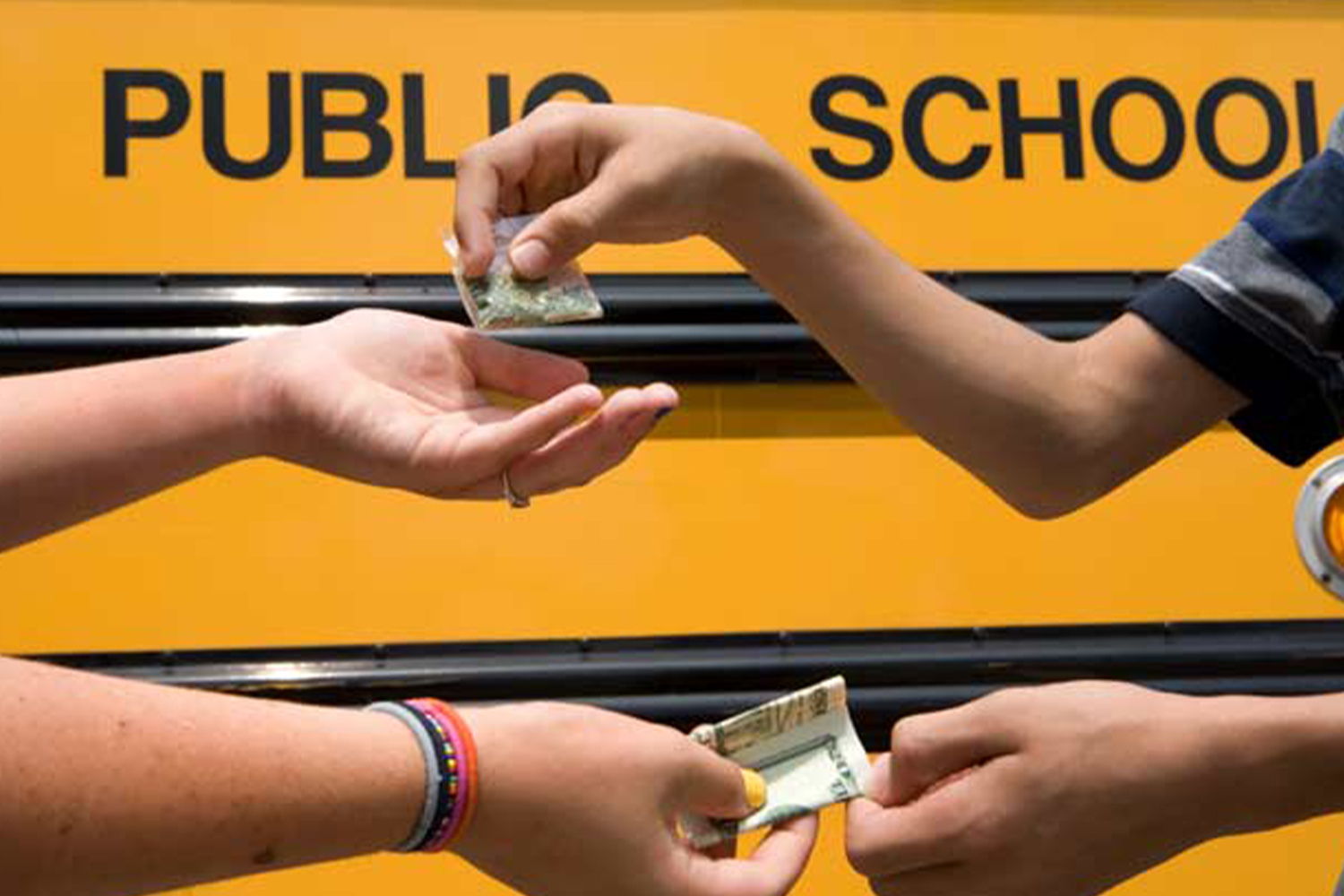21 March 2016 – Author: Deidre Mussen – Source: stuff.co.nz
It was a dream that went up in smokes.
A Kapiti couple and their two young daughters moved into what they thought was a perfect house.

However, now they are homeless after discovering their newly-bought house is contaminated with methamphetamine.
Their plight and others in similar situations have prompted calls for mandatory methamphetamine testing when selling or renting properties, and better real estate guidelines.
Kiel and Emma Moore-Jones bought their house on Te Moana Rd, Waikanae, on January 12. They moved in six days later, with plans to renovate.
However, people living nearby warned them that same day that the home’s former residents might have smoked methamphetamine, or ‘P’.
The shocked couple tested the house that night, which confirmed contamination.
They moved their belongings out of the home the next day and had been staying with family ever since.
Further tests showed the clean-up would cost about $20,000. But instead the couple plan to demolish the house, fearing it would forever be known as a “meth house”.
Kiel’s mother, Julie Moore-Jones, said on Monday the family was talking to real estate agents Harcourts in Waikanae, who sold them the property, seeking compensation the cost incurred by the contamination.
She started crowd-fundraising for her son and his family on Givealittle last Thursday to help them cover the extra costs they faced because of the problem.
“The kids are looking at having to double their mortgage. They are going to have to rip the house down for a start.”
Moore-Jones believed mandatory testing of houses for sale or rent should be introduced so that nobody else was caught out.
Harcourts’ Waikanae owner Eliot Falconer said the agency was working with the family, including further testing of the property.
He said the Real Estate Agents Authority should investigate the case “so that the industry as a whole gets clear guidelines”.
Agents were required by law to identify potential issues with properties and advise buyers accordingly.
“We need specific guidelines and it may become law that people need to provide a [methamphetamine] test before selling a property.”
Last week, Housing New Zealand revealed 279 of its 68,000 properties nationwide had tested positive for methamphetamine contamination in the six months to the end of last December, including 41 in the greater Wellington region.
Real Estate Institute’s Wellington regional director, Euon Murrell, said Housing New Zealand’s statistics suggested methamphetamine contamination was also a growing problem in privately-owned dwellings.
“I think if there is any hint that it might be contaminated, the recommendation is to have it tested, but I wouldn’t want to say every house in New Zealand needs to be tested for P before going on the market.”
Property Institute chief executive Ashley Church believed methamphetamine testing would swiftly become a standard condition on sale and purchase agreements.
“It’s almost becoming the new leaky homes.”
The Ministry of Health’s guidelines for decontaminating houses from methamphetamine focused only on sites of clandestine meth labs, rather from people using the drug in a house.
EnviroCheck, a nationwide company testing homes for methamphetamine, believed as many as 18 per cent of New Zealand’s houses were contaminated.
“I know of more than 60 cases where people have bought a house then they get a knock at the door a few weeks later by a neighbour saying ‘You should check your house’,” chief executive Todd Sheppard said.
METHAMPHETAMINE TESTING
* Test a property for methamphetamine contamination before purchase. Self-screening kits cost about $150 to $200, but they only detect its presence and not level of contamination.
* If a property tests positive, a professional can test the house to determine the levels and mitigation needed. This typically costs about $2500, but can cost up to $10,000.
* Depending on level of contamination, the home may need cleaning, removal of all soft furnishings or wall linings, or complete demolition. This cost varies but can be so steep, it is cheaper to demo
* Re-test to check the property is contamination-free, which costs about $2000.



